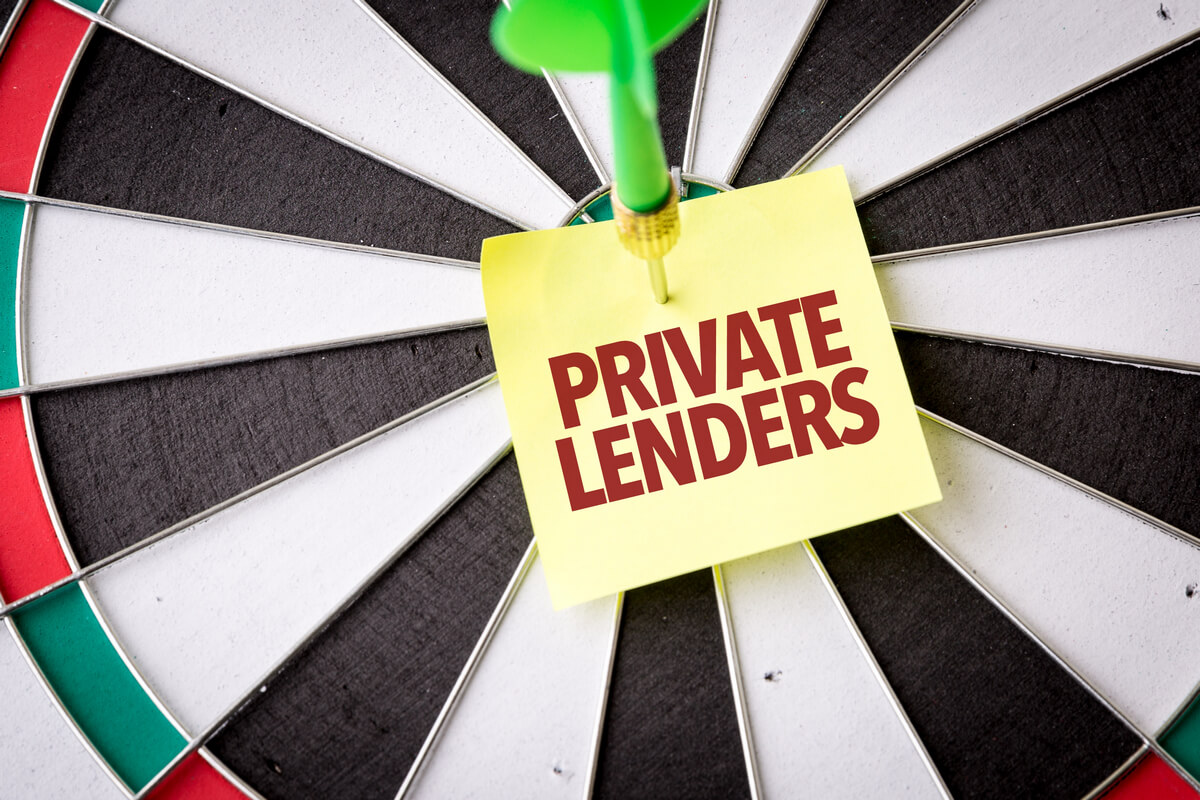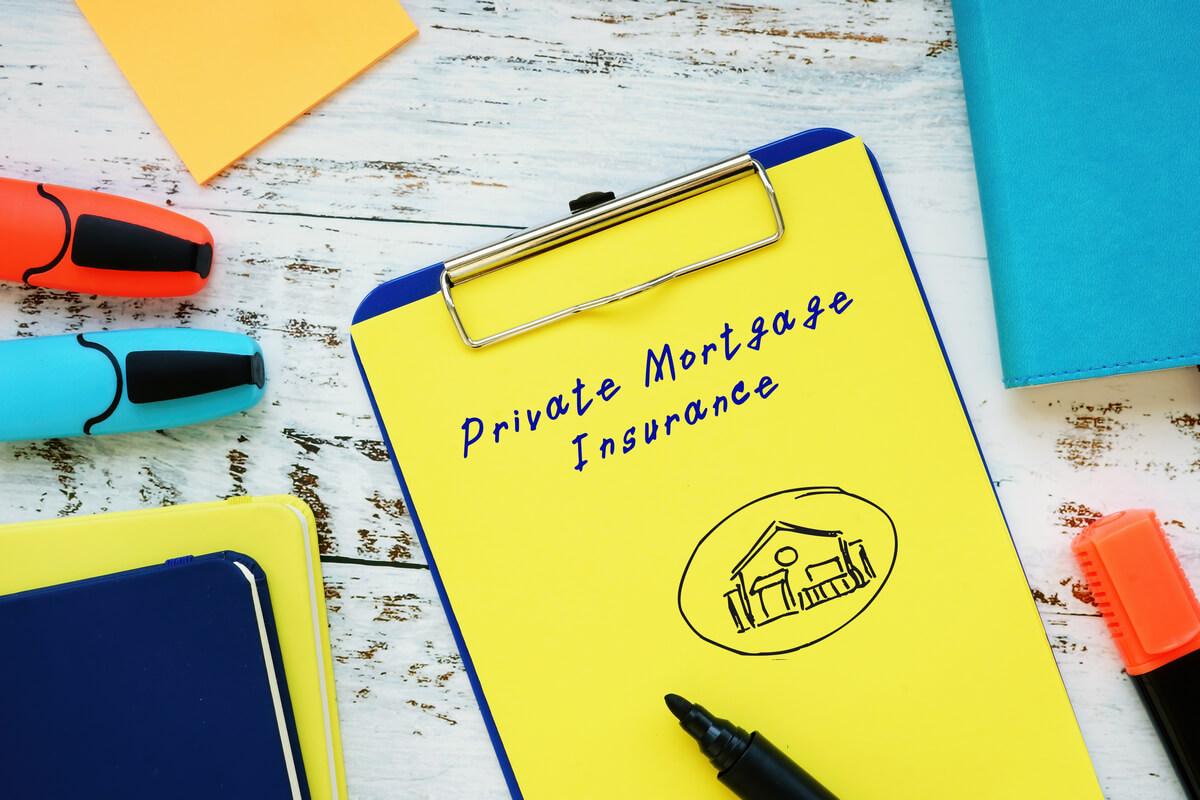Lance Parham
April 19, 2021
If you feel ready and excited to buy a home, being denied for a traditional mortgage can be incredibly frustrating. Conventional mortgages typically have income and credit score requirements that not everyone meets, and most lenders tend to be inflexible with these terms.
After being denied for a conventional mortgage, you may consider working with a third-party lender. Private mortgages are an option for those with bad credit, a low income, or other factors that drive away traditional mortgage lenders.
This can seem very appealing, especially if you’re eager to buy a home and want to do so quickly. However, there are also some disadvantages to borrowing from a private lender. Before you commit to a decision, you should understand the pros and cons of a private mortgage.

Advantages of Working With a Private Lender
The biggest advantage of getting a private mortgage is that qualifying for the loan is usually easier than qualifying for a traditional mortgage. Conventional lenders ask for a number of documents to prove your eligibility, including W2s, bank statements, tax returns, and other proof of income. Even individuals who make enough money to afford the mortgage payments may not meet the specific requirements for a traditional lender.
For private mortgages, the requirements vary by lender. If you’ve been denied for a conventional home loan, you can probably still find a private lender who will offer you financing. Private mortgage companies have extra protective measures in place, so they’re not as concerned about your income and financial history as conventional lenders.
The approval process is typically much faster with a private lender, too. Applying for a conventional loan requires gathering a great deal of documents, filling out lots of paperwork, and waiting a long time to hear back from the lender. With many private lenders, you can get approved for the loan within just a couple of days.
Buying a home is a major financial decision, so you shouldn’t rush into a mortgage application at the last minute. However, if your original mortgage plan falls through or if you find yourself needing approval right away, a private lender can be a good option.
Sometimes, private lenders will include the cost of renovations in the mortgage. It can be tough to get a traditional lender to agree to a mortgage value that includes maintenance costs, but private lenders can be more flexible. If you’re buying a fixer-upper, working with a private mortgage company can help you get more funding to make repairs.

What to Watch Out For
Although there are benefits to working with a third party lender, private mortgages also have some drawbacks. The biggest issue with private mortgages is that their interest rates are usually much higher than rates for conventional mortgages. Lenders are also free to add their own fees, which leads to even more costs on top of the standard mortgage payment.
This is one of the reasons private lenders are often willing to offer mortgages to people who don’t qualify for traditional loans. They mitigate the risk by charging higher interest rates and extra fees, which provide them with funds in case the borrower stops making mortgage payments.
The average loan term for a private mortgage is significantly shorter than a conventional mortgage, too. While conventional mortgages usually have a term of 25 to 30 years, private lenders usually offer terms of three to five years. Sometimes, this short-term financing is a helpful temporary measure for those who only need a small loan or who are planning to flip the home they buy. However, for many prospective home buyers, a five year mortgage loan is simply not feasible.
In some cases, homeowners get private mortgage loans from family members or friends. Some people have successfully borrowed from a lender they know personally without any issues. This can be a good opportunity for the borrower to get a loan if they’re struggling to be approved by a mortgage company, and the lender can help out a loved one while making some money from the interest.
Often times, though, these agreements lead to a strain on the personal relationship. It can be uncomfortable to owe a friend or family member money, and defaulting on payments can lead to personal problems. If you and a loved one do choose to pursue this option, make sure all of the terms of the agreement are written out in a contract.

Should You Get a Private Mortgage?
A private mortgage can be a good option if you feel confident that you can make mortgage payments but don’t qualify for a conventional loan. Be prepared to pay a higher interest rate and additional fees, though.
If you can’t get a traditional mortgage, it’s important to look into the reasons why you don’t qualify. Sometimes, being denied for a mortgage is a sign that buying a home in your current financial situation is too risky. Consider whether or not it would be better to wait until your income increases or you save more for a down payment to reapply for the mortgage.
Finding a mortgage lender isn’t always easy, but be sure to take your time and consider your options carefully. If you have any concerns about your situation, speak with a financial advisor before committing to a lender. Private loans are available, but you have to weigh the risks and the benefits.


